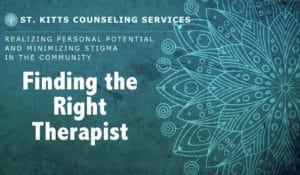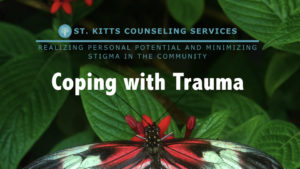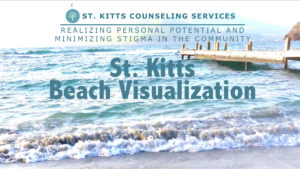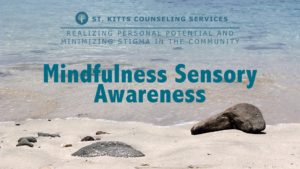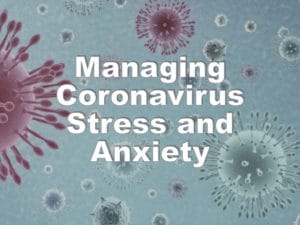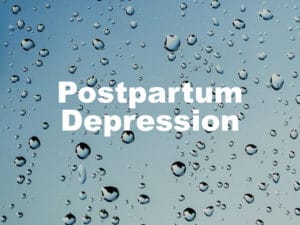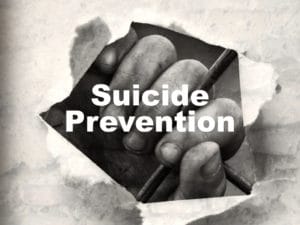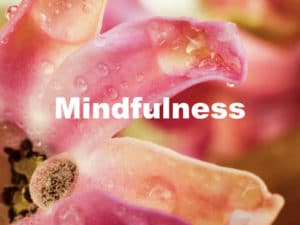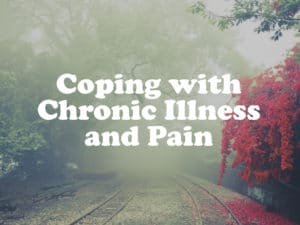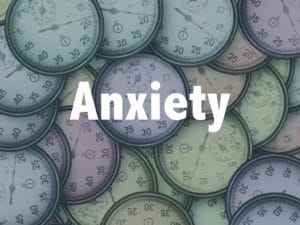A short reference for coping with DEPRESSION: understanding the signs, tips for coping and knowing when to get help.
Feeling low or down from time to time is a normal part of life. But when this goes on and on, you feel hopeless, or when this starts to interfere in your relationships, work, and your ability to enjoy life, you may be experiencing signs of depression.
Depression is caused by a combination of genetic, biological, environmental, and psychological factors. When left untreated, it can become more serious, and so it’s important to know the signs, address this early, and know when to get help.
See also Suicide Prevention and Postpartum Depression.
Facts about depression
Depression is very common
Depression is extremely common with more than 300 million people worldwide suffering from it.
Depression related disability
Depression is the leading cause of disability in the world.
Gender and depression
More women are affected by depression than men.
Severe depression
When severe, depression can lead to suicide.
Suicide
Suicide is the second leading cause of death in 15-29-year-olds.
Treatment
There are effective treatments for depression, including evidence-based treatments life Cognitive Behavioral Therapy (CBT), and medication.
Signs of depression
Depression does not look the same in everybody but here are some common signs of depression.
- Loss of interest or pleasure in everyday activities
- Sadness or emptiness
- Feeling helpless or hopeless
- Anger or irritability
- Sleep changes
- Fatigue or low energy
- Concentration difficulties
- Weight or appetite changes
- Worthlessness or feelings of guilt
- Thoughts of death
what you can do to feel better
Although it may not feel this way, it is important to know that there are many things that you can do to feel better. Working to resolve what may be causing your depression, when possible (e.g., unhappy job, difficult relationships, parenting challenges), changing some things you do and adjusting your thoughts can be helpful.
Increase positive activities
Start by slowly increasing positive activities each day – be creative!
Connect
Reach out to people, as isolation can make depression worse.
Move
Get out of bed, walk in nature and exercise, even if for just short amounts of time.
Problem-solve
Problem-solve for difficulties that are within your ability to control.
Improve diet
Eat foods to reduce depression like Omega-3 fatty acids (e.g., nuts, flaxseed, tuna), and reduce alcohol, caffeine, sugar and refined carbs.
Practice relaxation
Practice relaxation, mindfulness, visualization, meditation, and yoga.
Adjust thoughts
When having painful thoughts, write them down & work to challenge them with more balanced one, ones that are less painful, and ones that you may say to a good friend.
When to seek help
When these strategies are not working, if you are experiencing considerable difficulty from depression, or if you are having thoughts of death, it may be time to call for support.
Best treatments
It is important to know that not all treatments work equally well. Cognitive Behavioral Therapy (CBT) is one of the most effective psychological treatments for depression depression. In CBT, clients work with a CBT-trained psychologist to restructure underlying thoughts and adjust behaviors that maintain depression. Medication options can also be effective; however, the combination CBT and medication is most effective. Consider speaking to your physician or a psychiatrist for medication options.
Dr. Pereira of St. Kitts Counseling Services is specially trained to provide CBT to treat depression.
Contact Dr. Pereira
Contact Dr. Pereira at (869) 668-4646 to discuss your difficulties or to schedule an appointment. Call today to get started feeling better.

